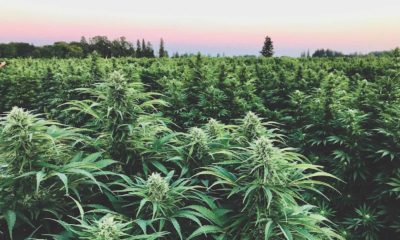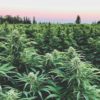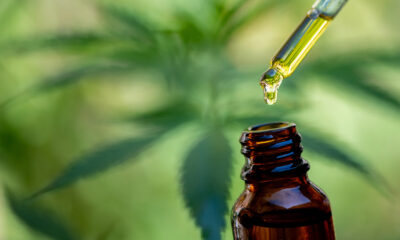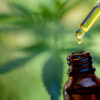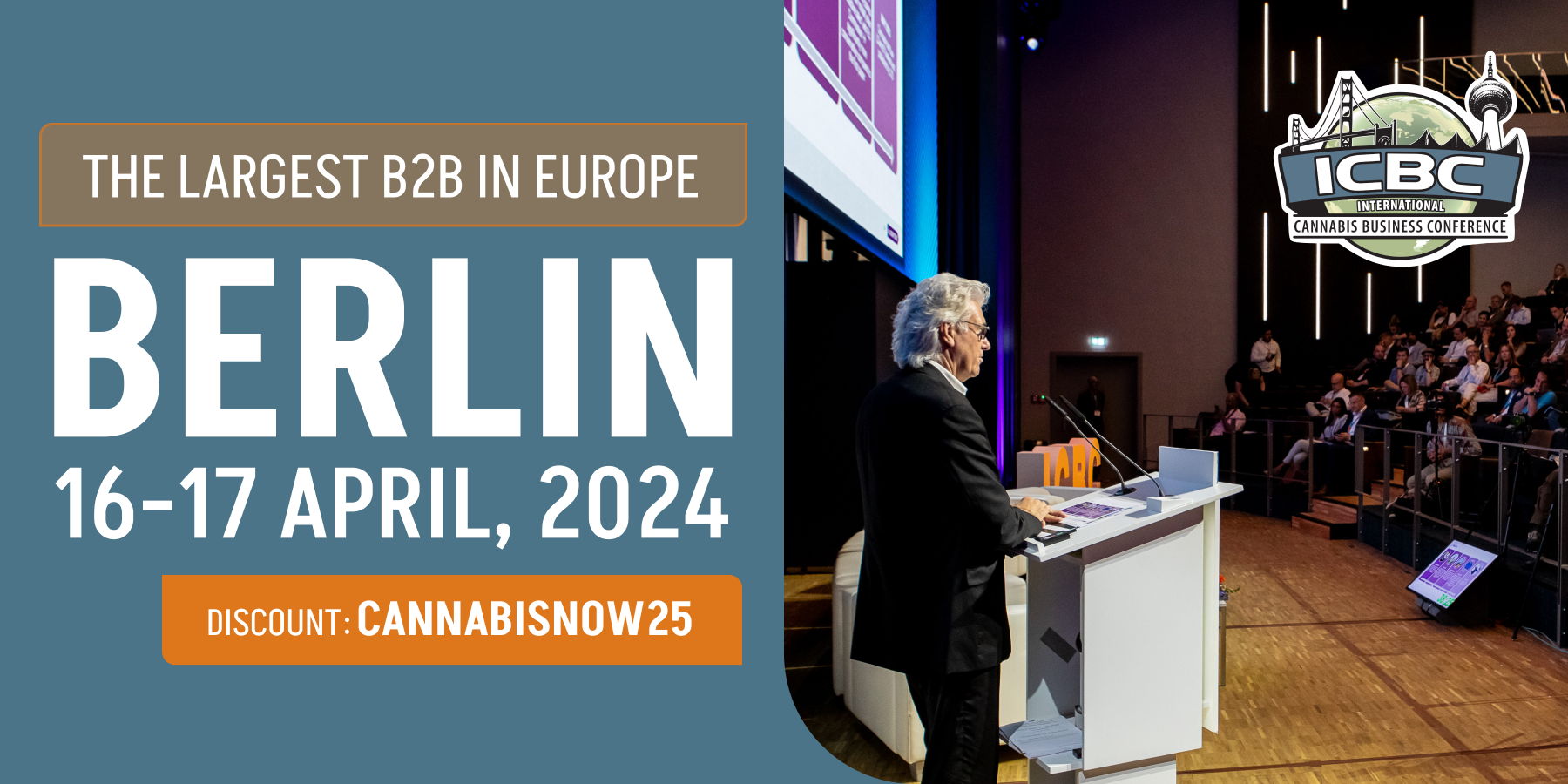
Cannabis
5 Misconceptions About CBD
Prominent researcher debunks some of the myths surrounding CBD.
While once ignored and widely unknown, cannabidiol or CBD continues to gain traction for its wide range of therapeutic applications. However, as its significance continues to grow, so do the misconceptions around the potential effects and uses of the cannabinoid. Within a report published earlier this year in the scientific journal Cell Press, Dr. Ethan Russo — a board-certified neurologist, psychopharmacology researcher and former senior Medical Advisor to GW Pharmaceuticals — seeks to dispel various misunderstandings that have arisen around the CBD trend. In the report Russo highlights five misconceptions about CBD which are outlined below.
Misconception: CBD is Non-Psychoactive
While many articles and websites will point to CBD as “non-psychoactive” in comparison to THC (the primary psychoactive cannabinoid present in cannabis), Russo points out that this is not an accurate representation.
“CBD is frequently mischaracterized as ‘non-psychoactive’ or ‘non-pychotropic’ in comparison to tetrahydrocannabinol (THC), but these terms are inaccurate, given its prominent pharmacological benefits on anxiety, schizophrenia, addiction, and possibly even depression,” Russo writes. “More accurately, CBD should be preferably labeled as ‘non-intoxicating,’ and lacking associated reinforcement, craving, compulsive use, ect. that would indicate a significant drug abuse liability.”
Misconception: CBD is Sedating
Early scientific reports about CBD indicated that the cannabinoid might be an effective treatment for insomnia, however Russo notes that, in small doses, the exact opposite might actually be true.
“Low to moderate doses are distinctly alerting, as proven in [CBD’s] ability to counteract sedative effects of THC, delay sleep time as documented via electroencephalography and reduce THC-associated ‘hangover,’” Russo writes.
The researcher points to several studies, in which patients using CBD, even those who were given up to 600 mg of CBD orally, did not experience sedative effects. In contrast, Epidiolex (a cannabis extract that contains THC and CBD which is expected to be eminently approved for pharmaceutical use in the U.S.) that was employed to treat epilepsy in very high doses of 25 mg or more a day, has produced sedative effects. Russo notes that this is especially true when Epidiolex is co-administered with the drug clobazam.
Interestingly, Russo points out that the misconception that CBD is sedative is because many products containing the cannabinoid actually have high concentrations of the terpene myrcene. This terpene, which is also found in things like mangos, lemongrass and hops, is known for causing the ‘couch-lock’ effects in cannabis.
Misconception: CBD Works By Blocking Receptors
Even though some researchers have thought that CBD might be a CB1 Antagonist (which means it binds to cannabinoid receptors and prevents their activation) Russo points out that this is not the case. One known CB1 agonist, rimonabant was removed from the Eurpean market due to “numerous serious associated adverse events” that included anxiety, suicidal ideation and nausea. Unlike this drug, Russo writes that CBD, particularly in the presence of THC, “produces none of the rimonabant-type adverse effects.”
Misconception: CBD is Legal in All 50 States
This is a big one, because the first thing many hemp-based CBD companies tell consumers is that their product is legal in all the states in the U.S. Russo notes that while CBD is an unscheduled drug in most nations, “this is not the case in the USA, where, pharmacology notwithstanding, CBD has been a forbidden Schedule I agent with its own Drug Enforcement Administration (DEA) number and designation as a THC analog.”
Russo goes on to note that although the possession of hemp stalks and other certain plant parts “are not expressly forbidden” by the Controlled Substances Act of 1970, “chemical extraction of those parts clearly is.” In addition, Russo points out that when Epidiolex becomes an approved drug in the U.S. as expected, its status “will not extend to CBD from other sources, which must remain in Schedule I until meeting similar standards of efficacy, safety, and consistency.”
“Only reclassification of CBD by the Food and Drug Administration and DEA, or an act of Congress, would alter this scheduling discrepancy and continuing anomaly,” Russo writes.
Misconception: CBD Turns Into THC in the Body
Russo notes that the misconception that CBD turns to THC within the body is one that has gained traction in online forums and even found credibility via a scientific report which points out the conversion may occur “after prolonged exposure to ‘simulated’ gastric acid.” Despite this, Russo states that there is no evidence CBD converts to THC within the body.”
TELL US, do you use CBD?





